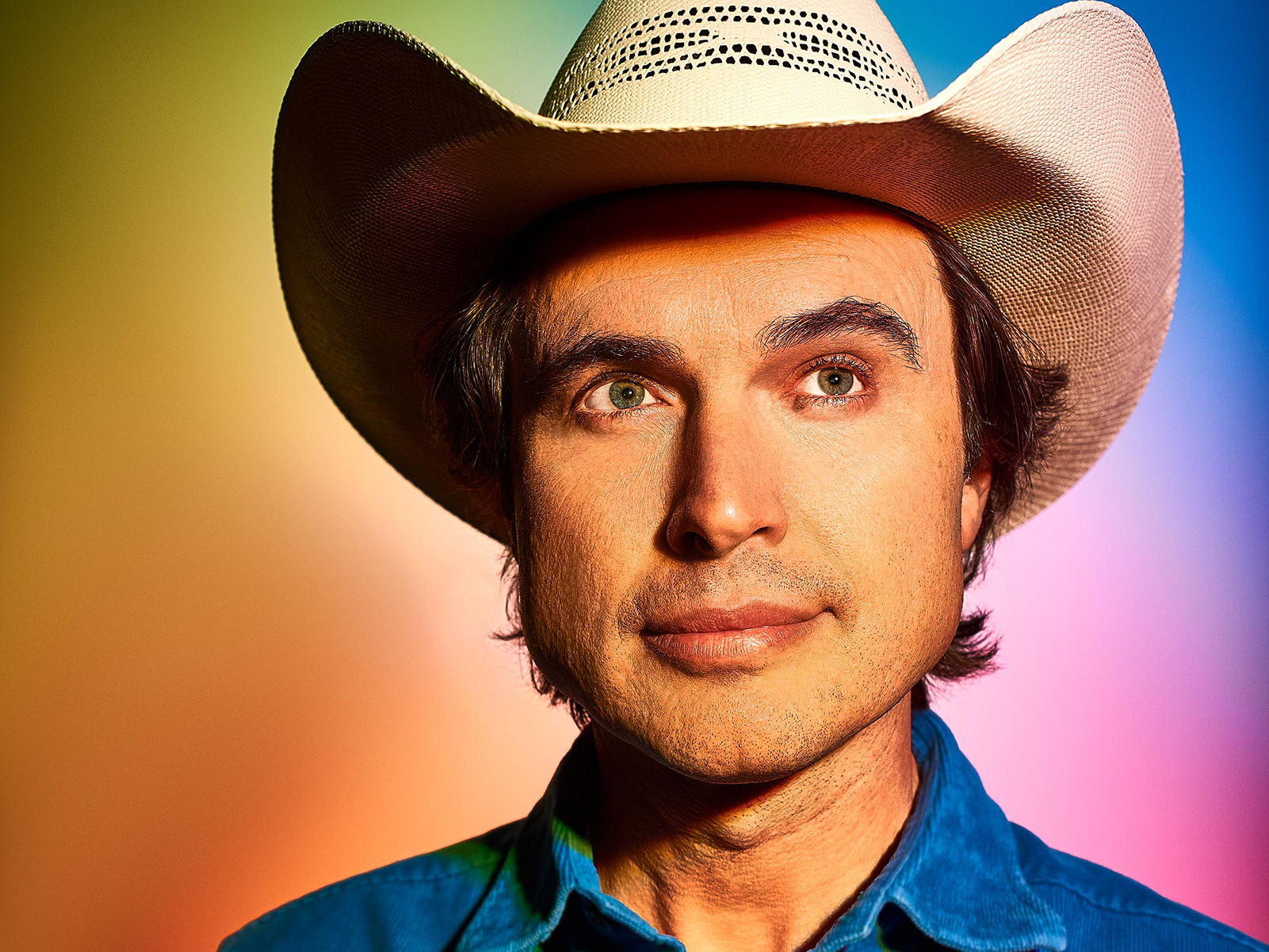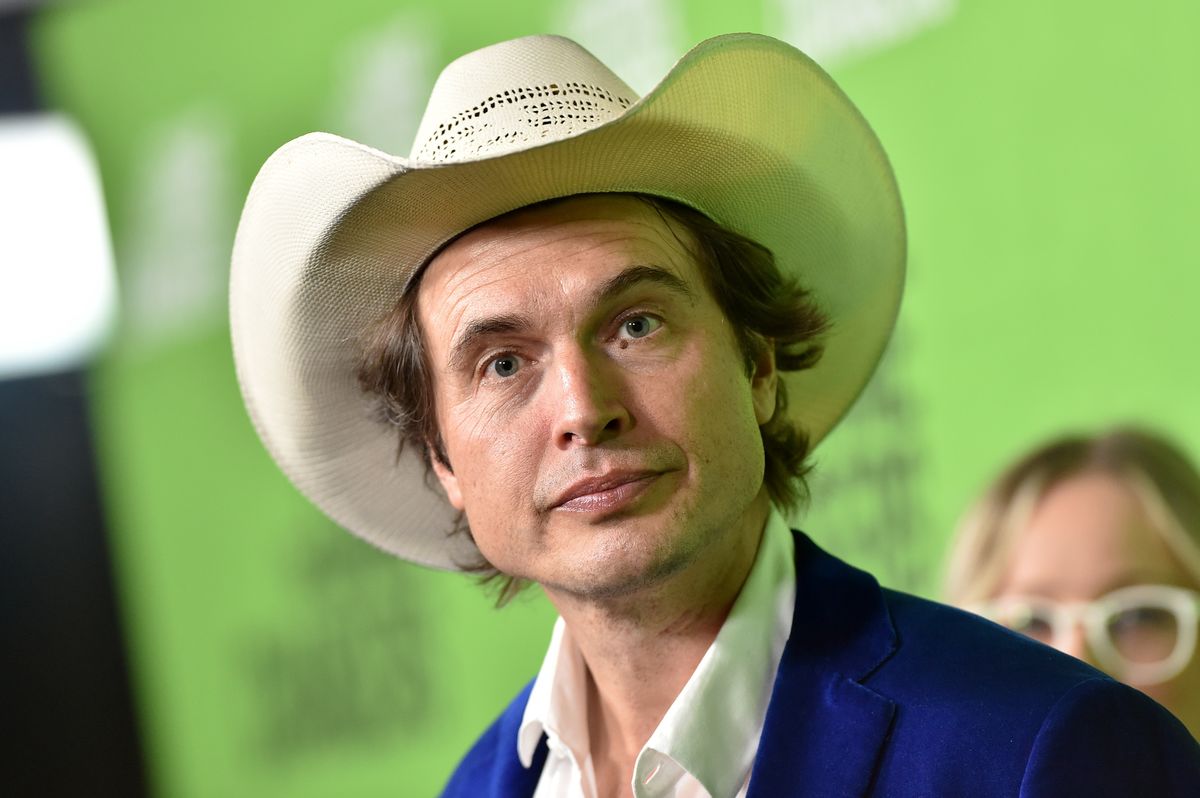Kimbal Musk Net Worth: A Look At His Wealth And Ventures
Ever wondered about the financial standing of someone deeply involved in shaping our food future? It's a common thought, especially when you consider figures connected to big names. Kimbal Musk, Elon's brother, has certainly made a name for himself, but not just in the tech world. His focus has been quite different, leaning into areas like sustainable food and community.
So, people often ask about Kimbal Musk's net worth, wanting to get a clearer picture of his financial journey. It’s interesting, really, to see how someone with a background in digital ventures pivoted to something so grounded and essential. His path shows a real dedication to what he believes in, and that, arguably, influences how his wealth has grown over time.
We'll take a close look at his financial picture, exploring where his money comes from and the businesses he's built. It's a story of innovation, sure, but also a deep commitment to making good food available to more people. You might find his approach to wealth and business rather inspiring, actually.
Table of Contents
- Kimbal Musk: Biography and Personal Details
- How Kimbal Musk Built His Wealth
- Understanding Kimbal Musk's Net Worth
- Kimbal Musk's Impact Beyond Money
- Frequently Asked Questions About Kimbal Musk
Kimbal Musk: Biography and Personal Details
Kimbal Musk, born in Pretoria, South Africa, has always been a person with a vision. He grew up with a strong sense of purpose, which, you know, really shaped his later work. His early life experiences, in some respects, set the stage for his focus on community and food systems. He’s someone who tends to be quite thoughtful about how businesses can also do good things for people.
He moved to Canada and later to the United States, pursuing education and, pretty soon, business opportunities. He didn't just follow in his brother's footsteps; he carved out his own distinct path. It's almost like he saw a different kind of challenge, one that involved feeding people and building stronger local economies. This is that, a story of someone making their own mark, in a way.
Here’s a quick look at some personal details for Kimbal Musk:
| Detail | Information |
|---|---|
| Full Name | Kimbal Musk |
| Date of Birth | September 20, 1972 |
| Place of Birth | Pretoria, South Africa |
| Nationality | South African, Canadian, American |
| Education | Queen's University (B.Comm), French Culinary Institute |
| Known For | Co-founder of Zip2, The Kitchen Restaurant Group, Big Green, Square Roots |
| Siblings | Elon Musk, Tosca Musk |
| Spouse | Christiana Wyly |
How Kimbal Musk Built His Wealth
Kimbal Musk's financial journey is pretty diverse, actually. It started with tech, like many successful people in his generation, but then it shifted quite dramatically. He didn't just stick with one thing, which is interesting. His ability to move from one type of venture to another, still finding success, speaks a lot about his business sense, you know?
His wealth, in a way, comes from a mix of early successes, smart investments, and a deep commitment to his current projects. It’s not just about making money; it's about building things that last and, perhaps, help the world a little. That, is that, a key part of his story.
Early Ventures and the Internet Boom
One of Kimbal's first big successes came during the early days of the internet. He co-founded Zip2 with his brother, Elon. This company provided online city guides for newspapers. It was a pretty forward-thinking idea for the time, basically helping traditional media step into the digital space. They built it up, piece by piece, which, you know, takes a lot of effort.
In 1999, Compaq bought Zip2 for about $307 million in cash and stock options. This sale gave Kimbal a significant amount of capital, which he then used for other projects. It was a really good start, a solid foundation for his future endeavors. He didn't just sit on that money, though; he put it to work, for instance, in new businesses.
The Kitchen Restaurant Group
After his tech success, Kimbal decided to follow a different passion: food. He went to culinary school, which, you know, shows a real dedication. In 2004, he co-founded The Kitchen Restaurant Group. This group of restaurants focuses on using local, organic, and sustainable ingredients. It was a pretty bold move, especially back then, to focus so much on where the food came from.
The Kitchen has several restaurant concepts, including The Kitchen, Next Door American Eatery, and Hedge Row. These places aim to be community hubs, offering good food that’s also good for the planet. They really try to connect with the local farmers and producers, which is, in a way, a big part of their appeal. This venture, very much, shows his commitment to a different kind of business model.
The idea behind The Kitchen was to make real food accessible and to support local food systems. It’s not just about serving meals; it’s about creating a whole experience that connects people to their food source. This focus on quality and community, you know, has helped these restaurants gain a loyal following. It's pretty clear, too, it's almost a philosophy as much as a business.
Big Green: A Non-Profit Mission
Kimbal Musk's commitment to food goes beyond just restaurants. He also co-founded Big Green, formerly known as The Kitchen Community, in 2011. This non-profit organization builds "Learning Gardens" in schools across America. These gardens help children learn about growing food, healthy eating, and environmental stewardship. It's a pretty hands-on way to make a difference, actually.
Big Green's mission is to create a healthier, happier America by connecting kids to real food. They’ve installed thousands of gardens, impacting countless students and their families. This work, in some respects, really shows his philanthropic side. It's about giving back and building a better future, particularly for younger generations. The impact of these gardens, for example, is quite significant.
The gardens are designed to be outdoor classrooms, where kids can literally dig in and learn. They get to see where their food comes from, which, you know, is a really important lesson in today's world. This initiative, very much, aligns with his broader vision for a more sustainable food system. It's not just a small project; it's a widespread effort to change how kids think about food.
Square Roots: Urban Farming
In 2016, Kimbal co-founded Square Roots, a company focused on urban farming. This venture uses vertical farms in shipping containers to grow fresh, local produce in cities. It's a really innovative approach to food production, bringing farms right into urban areas. This is that, a way to make fresh food available to city dwellers, even in places with limited space.
Square Roots aims to empower a new generation of farmers and to build a more resilient food system. They train young people to become urban farmers, using advanced technology to grow food efficiently. This company, you know, tackles some big challenges, like food deserts and the environmental impact of traditional farming. It’s a pretty clever solution, honestly, for feeding more people.
The farms are built inside climate-controlled shipping containers, which allows them to grow food year-round, regardless of the weather outside. This means fresh greens and herbs can be grown right next to where people live and work. It's a concept that, arguably, could change how we get our food in the future. The technology they use, for instance, is quite impressive.
Board Memberships and Investments
Beyond his own ventures, Kimbal Musk also serves on the boards of several prominent companies. He's been a board member at Tesla and SpaceX, which, you know, are pretty big deals. These roles likely come with compensation, including stock options, which could add to his overall wealth. His experience, in a way, is valuable to these companies.
He also makes personal investments in various startups and companies, often those aligned with his interests in food, technology, and sustainability. These investments, for example, can grow significantly over time, contributing to his net worth. His involvement in these different areas, you know, shows a broad range of interests and influence. It’s pretty clear, too, he's not just a one-trick pony.
Being on the board of major companies like Tesla means he has a say in their direction and, very often, receives stock-based compensation. This can be a significant source of wealth, especially with companies that see rapid growth. It’s almost like a quiet way of accumulating assets, in some respects. His presence there, naturally, also lends a certain gravitas.
Understanding Kimbal Musk's Net Worth
When we talk about Kimbal Musk's net worth, it's important to remember that these figures are often estimates. They can change quite a bit, depending on market conditions, the performance of his businesses, and the value of his investments. Wealth, you know, isn't a static number; it's always moving. So, any figure you see is more or less a snapshot in time.
Various financial publications and wealth trackers provide their own estimations. As of late 2023 and early 2024, estimates for Kimbal Musk's net worth typically range from around $500 million to over $700 million. This figure comes from his past successes like Zip2, his stake in public companies like Tesla, and the value of his private ventures like The Kitchen and Square Roots. It's a pretty substantial sum, honestly.
His wealth, in a way, reflects his diverse portfolio of interests and his ability to build successful businesses, both for profit and for social good. It's not just about one big win; it's about a consistent effort across different sectors. This approach, for instance, has allowed him to build a significant financial base while pursuing his passions. Learn more about entrepreneurial wealth on our site.
Kimbal Musk's Impact Beyond Money
While his net worth is a topic of interest, Kimbal Musk's impact goes far beyond just the numbers. His work in the food industry, particularly with Big Green and Square Roots, is changing how people think about food and agriculture. He's a bit of a pioneer in the real food movement, arguably. He’s showing that you can build successful businesses that also have a positive social mission.
His efforts are helping to create more sustainable food systems, improve public health, and empower new farmers. This is that, a legacy that extends beyond financial gains. He's building communities around food, which, you know, is something truly special. It's pretty clear, too, his work is about making a lasting difference.
Kimbal’s vision is about making healthy, fresh food accessible to everyone, not just a select few. He believes that good food is a right, not a privilege, and his businesses and non-profits reflect that belief. This kind of dedication, for example, is what truly defines his work. You can find more information about his initiatives and the broader food movement by visiting reputable sources like Food Tank, a great resource for sustainable food news. And, you know, to find out more about his approach, you can always check out this page .
Frequently Asked Questions About Kimbal Musk
What is Kimbal Musk's primary source of wealth?
Kimbal Musk's wealth comes from a mix of sources. His earliest big money came from the sale of Zip2, a company he co-founded with his brother, Elon. Now, a good chunk of his wealth comes from his stakes in public companies like Tesla, where he serves on the board. He also has significant value tied up in his private ventures, like The Kitchen Restaurant Group and Square Roots, which, you know, are growing businesses.
Is Kimbal Musk involved in SpaceX?
Yes, Kimbal Musk is involved with SpaceX. He serves on the board of directors for SpaceX. While he doesn't have an executive role there, his board position means he contributes to the company's direction and strategy. This, in some respects, connects him to the broader Musk family ventures in space exploration. It's pretty clear, too, his influence extends beyond just food.
What is Big Green, and what does it do?
Big Green is a non-profit organization co-founded by Kimbal Musk. It focuses on building "Learning Gardens" in schools across America. These gardens help children learn about growing food, healthy eating habits, and the environment. The goal is to connect kids to real food and to build healthier communities. It's a very hands-on way, for instance, to teach important lessons about sustainability.

Kimbal Musk wearing a cowboy hat

Kimbal Musk Net Worth - Wealthiest Chef And Successful Entrepreneur

Kimbal Musk Net Worth 2024 - Businessman, Philanthropist and